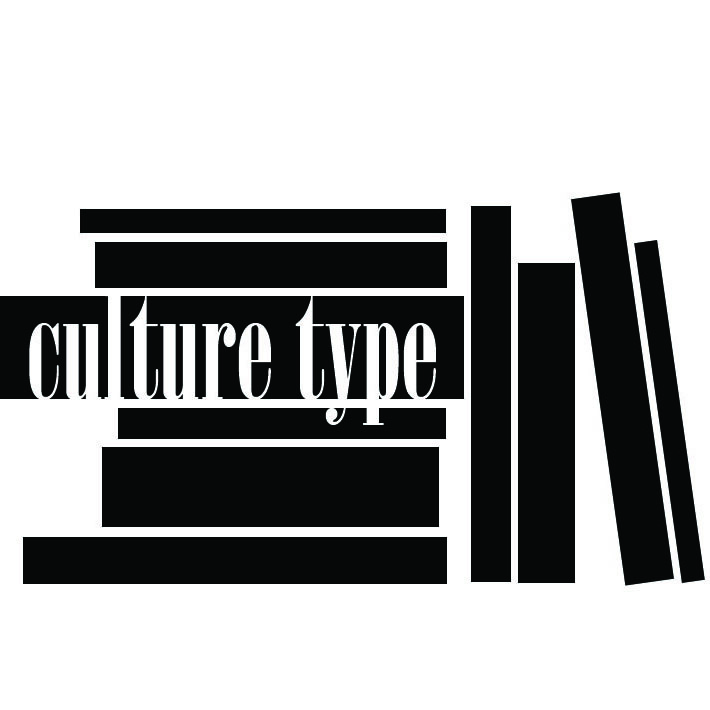THE BANNER FLAG HANGING outside a window at the NAACP’s Fifth Avenue headquarters in New York City declaring “A Man Was Lynched Yesterday.” Emmett Till’s big bright eyes and round smiling face before he was lynched and found dead in a river in Money, Miss., at age 14. The textured scars on the back of an enslaved Black man named “Gordon” left by countless, brutal whippings.
These are all painful yet familiar images, reminders of America’s long legacy of violence and injustice against Black people. The killing of George Floyd on May 25 by a Minneapolis police officer pressing his knee down onto his neck for more than eight minutes is the latest reminder of the nation’s shameful and brutal record on race.

Kadir Nelson’s “Say Their Names” covers the June 22, 2020, issue of The New Yorker
The images and many more inspired the forthcoming cover of The New Yorker illustrated by Kadir Nelson. The cover for the June 22 issue depicts Floyd at the pinnacle of a monument to African American strength and suffering—Black lives cut short, Breonna Taylor and Michael Brown, among them; symbolic moments such as the Memphis strike where Black sanitation workers carried “I Am a Man” signs; and icons of change including Rev. Martin Luther King Jr., and Rosa Parks.
Titled “Say Their Names,” the image is an interactive feature online with the image facing annotated copy that reports briefly on 18 victims of police killings in recent years. As you scroll down and read about each person—Eric Garner, Freddie Gray, Botham Jean, Sandra Bland, Philando Castile, Tamir Rice, and David McAtee, who was killed June 1 by Kentucky National Guard officers during protests in Louisville, and 11 others—the image zooms in on their portrait.
In the illustration, the police killings are connected to the lynching of Till, police beating of Rodney King, and February murder of Ahmaud Arbery at the hands of white aggressors in Georgia; the assassinations of Rev. King, Medgar Evers, and Malcolm X; and the Tulsa massacre in Oklahoma that killed and injured hundreds and destroyed a district known as “Black Wall Street.”
They are all painful yet familiar images, reminders of America’s long legacy of violence and injustice against Black people. The killing of George Floyd is the latest reminder of the nation’s shameful record on race.
Beauty and a sense of hope appears to be growing throughout the otherwise somber image in the form of blue periwinkle flowers. The blooms turn out to be another signifier of the inhumane experiences of Black people in America.
The feature acknowledges the millions of Black people enslaved in America, many buried in unmarked graves. Periwinkle was a common burial plant in the 18th and 19th centuries and some scholars have been aided in locating slave plots by looking for the perennial wild flower.
The text concludes with a specific reference to “Gordon.” The citation states: “In March 1863, a man known as Gordon, who had been enslaved on a Louisiana plantation, escaped to a Union camp near Baton Rouge. At the camp, photographers took pictures of his back, which had been brutally whipped. The images would be reproduced and circulated around the nation, further fuelling the abolitionist movement.”
THROUGHOUT HIS CAREER, Nelson’s work has documented and celebrated Black history and culture. The New Yorker has previously turned to the Los Angeles-based artist to create covers of Martin Luther King Jr., Nelson Mandela, and Aretha Franklin, among others. In 2016, the magazine commissioned him to illustrate a cover paying tribute to the Schomburg Center for Research in Black Culture in Harlem.
He has also created covers for Ebony and National Geographic magazines. Several U.S. Postage stamps feature Nelson’s work, too. His most recent depicts Marvin Gaye.
Nelson’s portrait of Henrietta Lacks is in collection of the Smithsonian’s National Portrait Gallery in Washington, D.C. He also illustrates children’s books, including “The Undefeated” by Kwame Alexander. The text is a poem, “a love letter to Black life in the United States. It highlights the unspeakable trauma of slavery, the faith and fire of the civil rights movement, and the grit, passion, and perseverance of some of the world’s greatest heroes.”
“The Undefeated” won the 2020 Caldecott Medal, was recognized as a 2020 Newberry Honor Book, and Nelson won the 2020 Coretta Scott King Illustrator Award for the book. CT
BOOKSHELF
Kadir Nelson has illustrated a number of children’s books, including “The Undefeated,” “I Have a Dream,” “Moses: When Harriet Tubman Led Her People to Freedom,” and “Henry’s Freedom Box: A True Story from the Underground Railroad,” and “Please, Baby, Please,” written by Spike Lee and Tonya Lewis Lee. Nelson has also authored children’s books, including “He’s Got the Whole World in His Hands” and “We Are the Ship: The Story of Negro League Baseball.”
























2 comments
Beverlyn says:
Jun 17, 2020
Love it!!!!
Aziza Claudia Gibson-Hunter says:
Jun 15, 2020
Victoria, YOU are right on time. Thank you for the work you do.